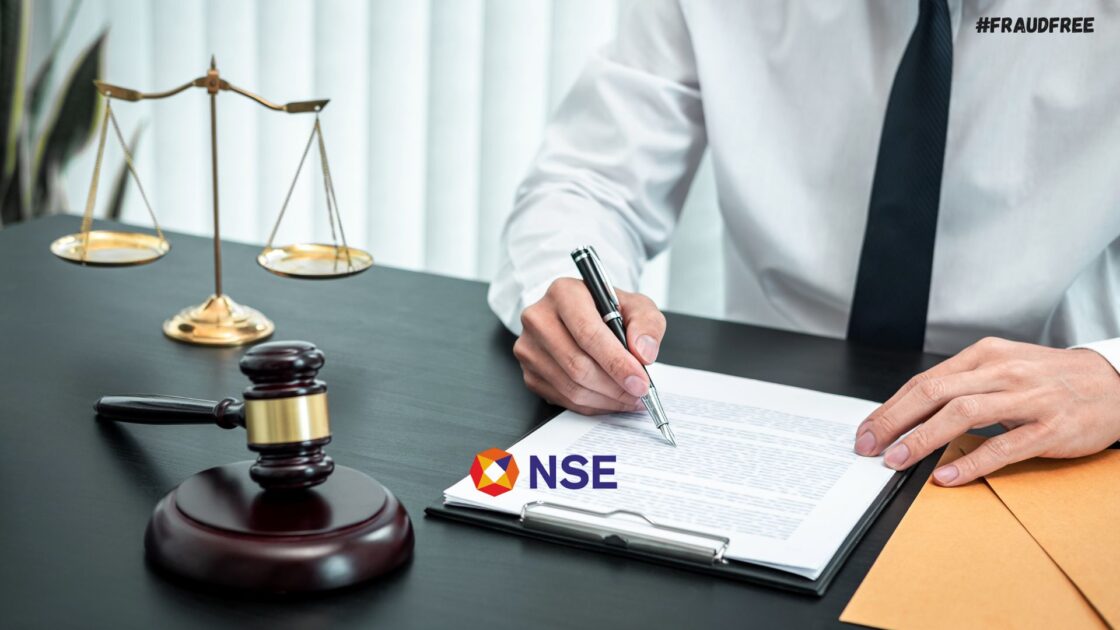When getting no resolution on a dispute with the stockbroker, advisory, or listing company in the stock market, then you can escalate and file for an arbitration in the stock market. Although most are aware of the term but very few understand the actual conduct of arbitration proceedings.
If you are looking forward to filing arbitration in stock market, then get into the details and learn what happens between filing the case and receiving a final award.
How Arbitration Proceedings are Conducted?
The purpose of arbitration is to provide clean and fair justice for disputes related to stock market registered members.
One who is filing it must be aware of the regulation and how it is conducted.
In short, the claimant and respondent must know the procedural manner in which an arbitration case is handled once it is admitted by the exchange. This includes:
- Communication between parties
- Appointment of arbitrators
- Scheduling of hearings
- Presentation of evidence
- Rules of decorum
- Issuance of the arbitration award
It ensures that the process is fair, unbiased, time-bound, and aligned with SEBI guidelines.
Who Conducts the Arbitration?
Investor Grievance Redressal Committee (IGRC) facilitates initial arbitration proceedings in stock market-related disputes. Later, a team of arbitrators is appointed from a panel maintained by the exchange.
- A Single Arbitrator is appointed for claims up to ₹25 lakh
- Three-member Panel is constituted for claims above ₹25 lakh
These arbitrators are independent professionals, trained and approved by SEBI.
Steps of Arbitration Proceedings in India
Once the appointment is done the hearing date is announced and notified to both parties via email. Further, the process of arbitration is divided into different stages as described below:
Pre-Hearing Stage: Preparation and Communication
After the arbitration application is submitted and accepted:
- Notice to Respondent: The respondent (broker/trading member) is notified and given time to respond.
- Arbitrator Appointment: Exchanges appoint arbitrators randomly through an automated process.
- Submission of Documents: Both parties are required to submit supporting evidence, like contract notes, ledger statements, call records, etc.
- Hearing Schedule Issued: The date, time, and mode (in-person or video conference) of the arbitration hearing are communicated.
During the Hearing: Structure and Process
Arbitration hearings are not as formal as courtrooms, but they are guided by procedural discipline.
These hearings happen either virtually through online mode or physical hearings are held at exchange-registered arbitration centers.
Here’s what typically happens:
- Opening Remarks: Arbitrator(s) explain the process and ask both parties to present their case.
- Presentation by Claimant: The investor or complainant presents their side, including documents and arguments.
- Response by Respondent: The broker/trading member counters the claims and may provide their own documentation.
- Questioning and Clarifications: Arbitrators can question either side for a better understanding.
- Adjournments (if necessary): If more time is needed to gather evidence, a new hearing may be scheduled.
- Closing Statements: Both parties make final comments summarizing their position.
Generally, hearings are completed in one to two sessions, unless the case is complex.
Post-Hearing: Decision and Award
Once the hearing concludes:
- Arbitrators deliberate and review the submissions
- A written award is passed within 30 days of the last hearing date
- The award includes:
- Outcome (in favor of one party)
- Monetary compensation (if applicable)
- Reasoning behind the decision
The award is sent to both parties through physical or digital means.
SEBI has defined a strict timeline for the same. Wondering how long does arbitration decision take?
Well, it depends on the complexity of the case, but in general, it is around 4-6 months from filing the case.
Non-Appearance and Ex-Parte Proceedings
If one party fails to appear despite notices, the arbitrator may conduct an ex-parte hearing based on available evidence.
Unavailability of both parties can also lead to the termination of arbitration proceedings. However, one can reclaim it within the defined limitation period of 3 years.
Conclusion
Understanding the conduct of arbitration proceedings helps investors and traders better prepare for the process. It’s not just about filing a case; it’s about how you present it, respond to queries, and respect the structure of the proceeding.
In case you need assistance to file and later to represent your case in arbitration, then register with us now. We will guide you with the end-to-end process.
Being aware of the procedure, timelines, and decorum expected in arbitration improves your chances of a fair outcome and helps you navigate the system more confidently.
If you’re unsure how to prepare or respond during arbitration, consult a legal advisor or seek guidance from an investor protection group.






